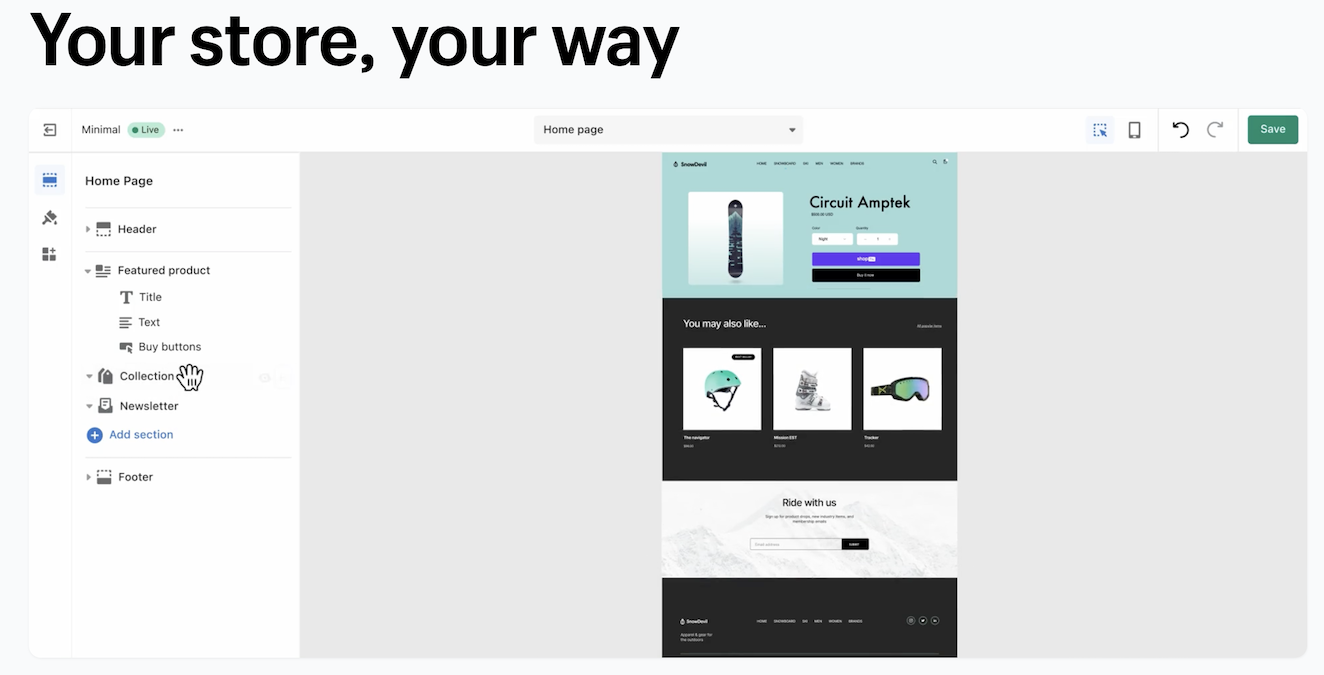Embarking on the journey to purchase a new car often involves navigating various financial options, with one common avenue being “financing.” But what does it really mean to finance a car? In this article, we’ll unravel the intricacies of auto financing, shedding light on the concept, the process involved, and what it means for individuals seeking to drive their dream vehicles.
Understanding Auto Financing:
What is Auto Financing? Auto financing is a financial arrangement that allows individuals to acquire a vehicle by borrowing money from a lender and repaying it over an agreed-upon period. Essentially, it’s a loan tailored for the specific purpose of purchasing a car.
The Basics of Financing a Car:
1. The Loan Amount: When you finance a car, you are essentially borrowing a specific amount of money to cover the cost of the vehicle. This amount includes not only the base price of the car but also factors such as taxes, fees, and any additional features or packages.
2. Interest Rates: The lender charges interest on the loan amount as compensation for lending you the money. Interest rates can vary based on factors such as your credit score, the loan term, and the lender’s policies. A lower interest rate can result in lower overall loan costs.
3. Loan Terms: Loan terms refer to the duration over which you agree to repay the borrowed amount. Common terms range from 36 to 72 months, with longer terms resulting in lower monthly payments but potentially higher overall interest costs.
4. Down Payment: Making a down payment involves paying a portion of the car’s price upfront. A larger down payment reduces the loan amount, resulting in lower monthly payments and potentially lower interest costs over the life of the loan.
5. Monthly Payments: Your monthly payments cover both the principal amount (the original loan) and the interest. The total amount is divided over the loan term, resulting in a fixed monthly payment.
The Financing Process:
- Pre-Approval: Before visiting a dealership, it’s advisable to get pre-approved for a car loan. This involves submitting your financial information to a lender who reviews it and provides a loan amount you are eligible for.
- Selecting a Lender: Various lenders, including banks, credit unions, and online lenders, offer auto financing. Compare interest rates, terms, and conditions to choose the lender that best fits your needs.
- Negotiating Terms: When purchasing a car, negotiate the interest rate, loan term, and other terms with the lender or dealership to secure the most favorable financing arrangement.
- Signing the Agreement: Once the terms are agreed upon, you’ll sign a loan agreement that outlines the terms and conditions, including the interest rate, monthly payments, and any fees associated with the loan.
- Repayment: Repay the loan through regular monthly payments over the agreed-upon term. Timely payments contribute to building a positive credit history.
Conclusion: Driving Towards Ownership
In essence, financing a car provides a pathway to car ownership by spreading the cost over time. Understanding the components of auto financing—from the loan amount and interest rates to loan terms and monthly payments—empowers individuals to make informed decisions on their journey to driving their dream cars. As you embark on this exciting venture, explore financing options that align with your financial goals, ensuring a smooth and rewarding experience behind the wheel.




